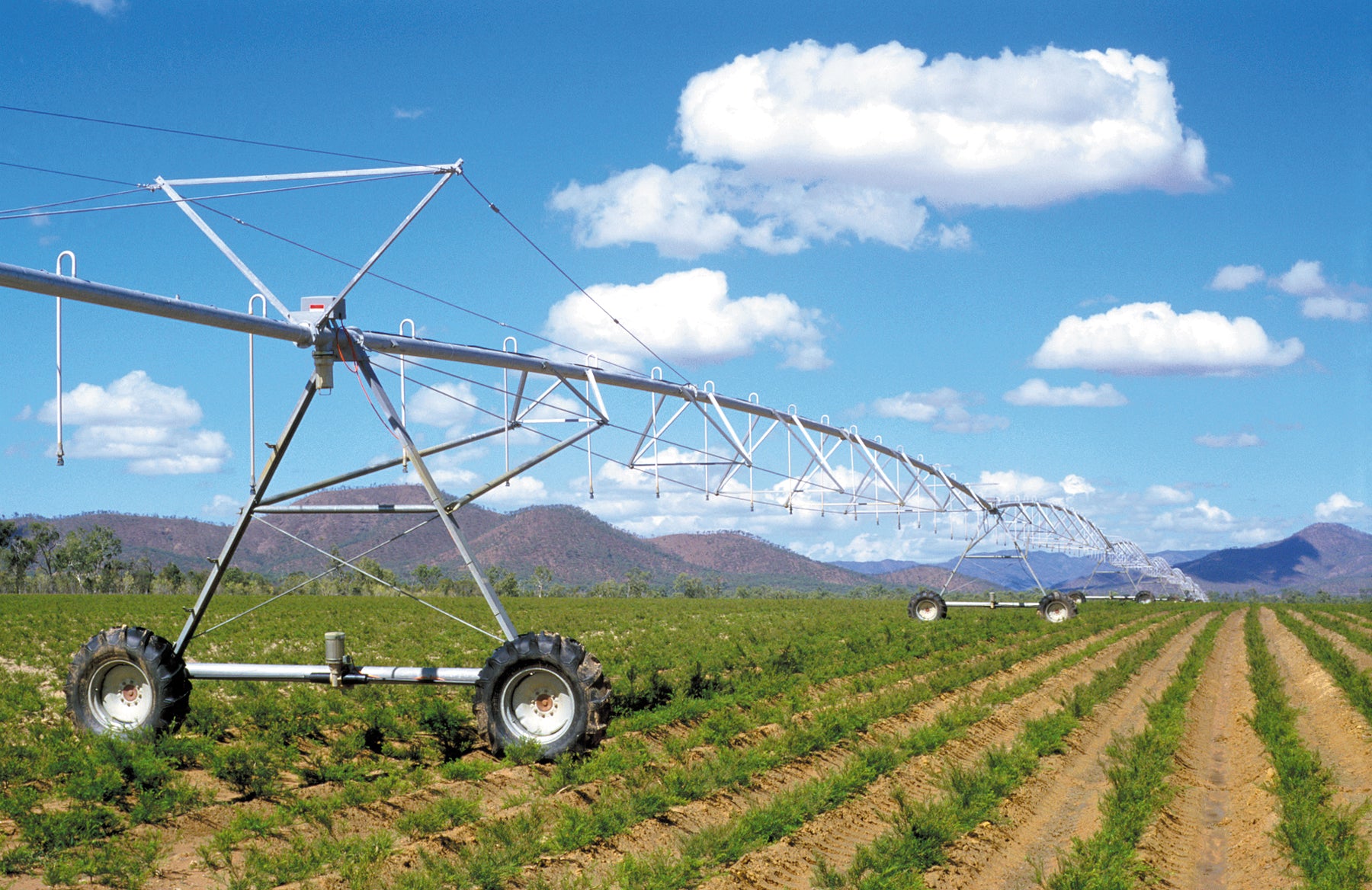The Best Sprayer Pumps for Liquid Fertiliser & Weed control
When selecting sprayer pumps for liquid fertiliser and weed control products you need to make careful consideration of how the product you’re using will affect the parts that make up the pump. Often the more and more aggressive plant protection products, weed killing products that have extremely alkaline PH levels, and liquid fertilisers are often able to corrode steel. Apart from just chemical resistance, there are four other key factors that you need to consider that will differ depending on your situation.
- Chemical Resistance – As mentioned above material compatibility with the fluid being pumped is extremely important when working with regular Ag Chemicals and is a key consideration.
- Temperature Ranges – Australian conditions are some of the toughest in the world, so you need to know that your pump has the capability to remain flexible in low temperatures and not deteriorate or break down in the heat of summer.
- Flex Life – A pump will have an expected longevity of the diaphragm before requiring replacement, so make sure you ask your dealer so you can factor this into your budgeting.
- Cost – This refers to more than just the initial upfront cost, as not all pumps are created the same. When choosing a pump you should calculate the total cost of ownership, including initial price, rated flex life for weed spraying and liquid fertiliser, and costs of downtime including diaphragm replacement, and regular servicing.
All things considered, we recommend Bertolini Pumps specifically for liquid fertiliser and weed control. All wetted parts are constructed from polypropylene and AISI316 stainless steel (Bertolini Patent), to withstand the most aggressive chemicals, fertilisers and acids. Along with this, all moving parts are completely submerged in oil ensuring long life and high reliability. Along with these key features, there are 9 other major benefits of Bertolini Pumps;
- Double body head in polypropylene incorporating a die-cast aluminium core.
- Diaphragm washer and diaphragm bolts made up of 316 stainless steel (exclusive); pre-calibrated and pre-charged for easy installation. Abrasion and corrosion-proof.
- Pre-deformed diaphragm available in 4 different materials: Buna-Nbr, Desmopan, Viton and exclusive Bertolini HPS®
- Die-cast crankcase incorporating a new cooling system.
- New conrods in a special bronze alloy, that reduces corrosion.
- Less crankshaft stroke and so less stress for longer diaphragm life.
- New check valve design: spheric section-shaped, made up of AISI 316 stainless steel, delivering high volumetric efficiencies.
- Special " Dracomet" ® treatment on head bolts and mounting rails to ensure wide mechanical and chemical resistance; no maintenance.
- Exclusive piston profile technology to reduce friction on the diaphragm.
So which Bertolini Pump should you choose?
If you’re looking for a pump for mounted or trailed sprayers, then we would recommend the Bertolini Poly2260 pump as a great option as it features;
- 260 l/min
- 15 Bar
- 2'' suction input hose barb
- 1 1/4'' pressure output
- Thru Shaft, Front: 1 3/8" male six spline
- Rear: six hole flange and female 1 3/8" six spline.
If you’re on a budget or just looking for a pump suited to small booms or high-pressure spot spraying than the Bertolini Pa430 is perfect for you! Bertolini PA330, PA430, PA530 and PA730 Series pumps feature the latest three-cylinder pump technology. These pumps are constructed from anodised aluminium with 316SS valves and BUNA pre-deformed diaphragms for maximum life.
If you’d like to find out more about Bertolini pumps, or anything else farming & ag give us a call on 1300 326 453 for a yarn! You can also view our range of Bertolini pumps to compare for yourself.

























































